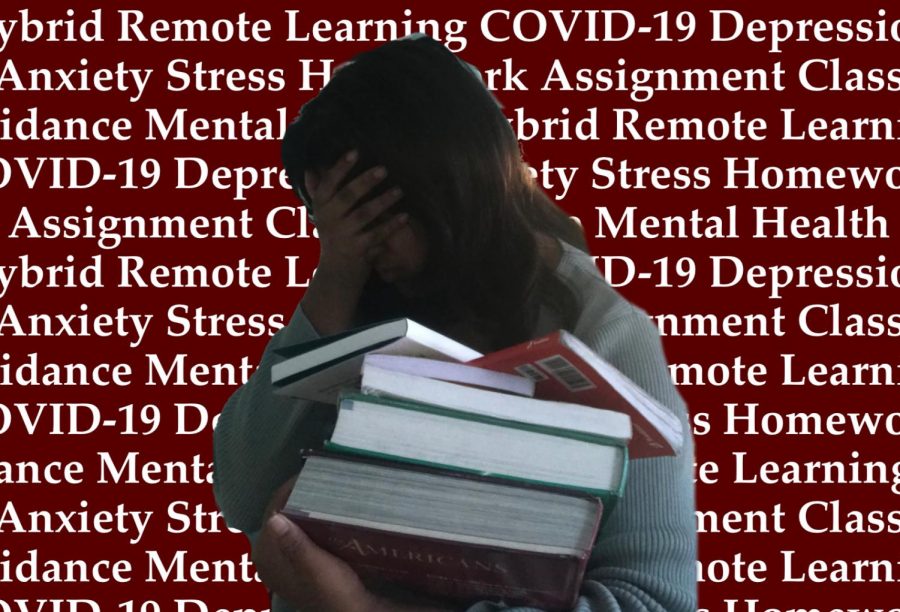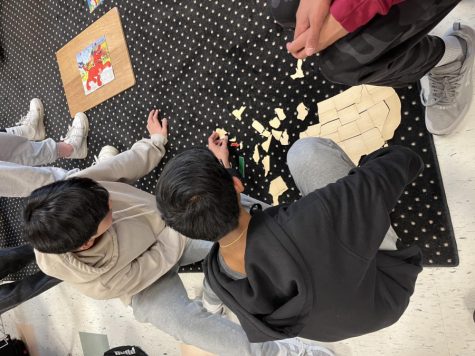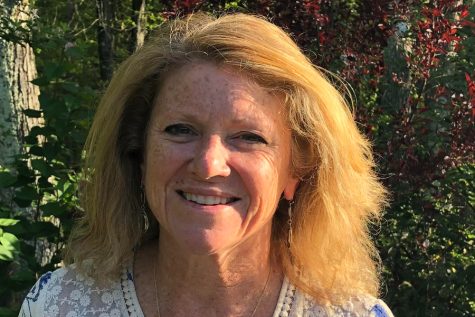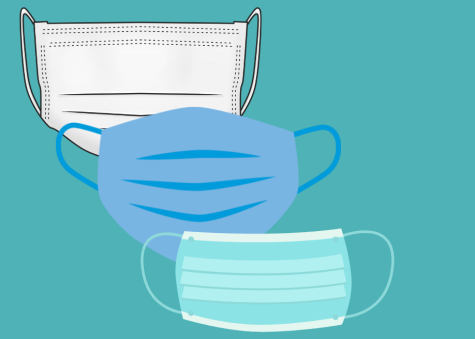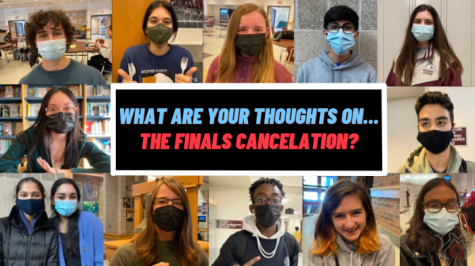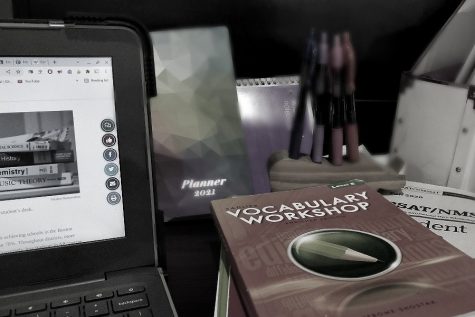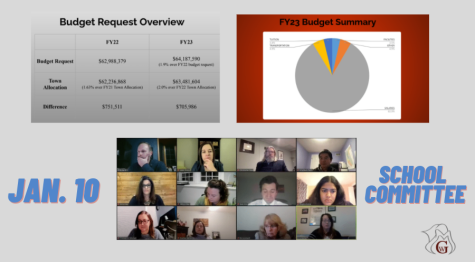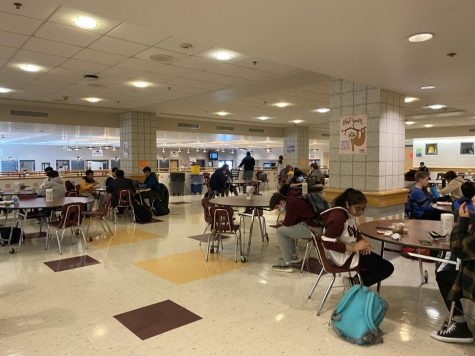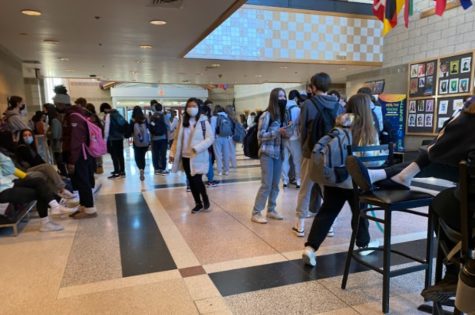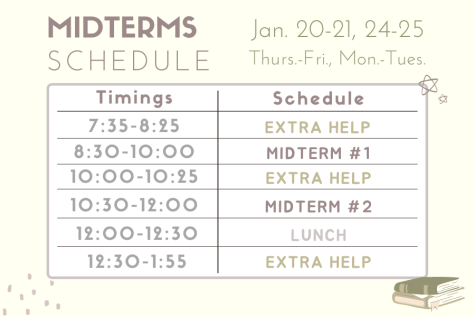Finding mental health resources is easier than students realize
Students mental health may worsen during stressful times of COVID-19.
January 29, 2021
Westford Academy is known to many for its rigorous academics, but with constant academic, social, and at-home pressures, many students struggle with mental health issues. WA provides many resources, but how commonly known they are to students varies.
Westford Academy’s school psychologist, Steve Cunha, mainly works with special education students, testing cognitive and social-emotional skills. This doesn’t give him much time to assist the majority of the school population who falls outside of this program.
“It takes up most of my time. I also do have counseling with a small number of students. It’s the testing that has gotten more intense over the years so I’ve had less time to do counseling and currently, I see two students individually.” Cuhna said.
While Cuhna does meet with small groups of students for counseling, and currently two students for one-on-one sessions, time is the limitation with 1700 students and one psychologist. Cuhna is available for crisis intervention help whenever needed.
Cunha’s room is near the copy machine in the guidance office and welcomes anyone who needs him as long as his door is open. If a student is a minor, their parents will be informed that their children met with him to make sure that support is there for students at home as well.
Working alongside Cuhna is Wendy Pechacek. Pechacek oversees the school counselors from grades 6-12. Pechacek is a duel certified adjustment counselor and social worker. This includes Westford Academy and both the middle schools, including the school counselors and adjustment counselors, giving her a connection to district-wide evaluating and supporting.
Pechacek is currently a counselor to ninety students and helps with social, emotional, and academic, and college planning. Pechacek is a dual-certified adjustment counselor and social worker. She works closely with guidance and adjustment counselors for all of Westford Public Schools.
Most students don’t understand what guidance counselors can and can’t do. Counselors act as a guide to assess where a given student will fit in the entire mental health system of specialists, counselors, etc, or to refer them to other types of help.
Counselors can provide what is known as tier two and tier three services that entail working with 504/special education plan. This includes counseling goals, helping with social skills, anxiety, depression, loss of loved one.
While guidance counselors can be very helpful all on their own, many times students know others in their life that could benefit from a counselor’s help, but may not realize it. When reaching out to a counselor about a friend, it’s best to tell your counselor what is going on with them and have their counselor reach out to the student.
Some members of the guidance department include Patti Lonergan, Micaela Violette, and Molly Dellechiaie. They are all certified social workers and adjustment counselors, with Dellechiaie focusing on the special education program at Westford Academy.
Additionally, students should feel comfortable reaching out for themselves or their fellow peers. This is because students are part of the safety net that the guidance department depends upon; they rely on students to make sure that people get the right treatment and communicate that properly.
The question for many is when should someone seek help or when is the right time to step in. The guidance department laid out the following warning signs and symptoms to keep in mind when considering help for yourself or someone you know and it should be kept in mind that these signs vary for each person, but they are as follows.
- Seeing a grouping of the following, or change in behavior, going on for two or more weeks straight
- The feeling of hopelessness and helplessness goes on and on
- Many times described as a cloud pressing down on them
- Sleeping too much or not enough
- Too much or too little eating
- Looser clothing
- Agitations (calm then quickly really mad for no reason)
- Amped up anger
- Isolation
- A change in appearance
- Looking disheveled, not worrying too much about a shower
Looking for a pattern of these behaviors and real change over long periods of time can help identify when someone should get help.
At the beginning of this year, all students were asked to take a few mental health surveys. Many times the results of these surveys can appear to be changing nothing but over time they have resulted in positive changes that have gone unnoticed.
This school year’s primary survey was 16 questions and offered to all four grades. They assessed and related to depression and anxiety and how students had developed a well being and a sense of belonging at WA. Students who didn’t meet a specific quota for answers were then followed up by their guidance counselors to make a plan on how to assess these issues.
The Guidance office is easily accessible being in a clearly marked area in the middle of the first floor, with an open door policy-making for easy entrance, and asking to see someone specific quick and efficient.
Additionally, with COVID-19 procedures in place, there are QR Codes placed across the school; when scanned, students are led to a form that allows them to make an appointment to see their guidance counselor virtually. Remote students can also take a different route and email their guidance counselor if they want to set up a meeting or need help.
Outside of school hours, getting in touch with counselors can be difficult, so it is best to seek help during school hours and before breaks. If a student thinks that they may need help outside school hours, they are made sure to always know they have someone through the resources listed below located at the end of each counselor’s emails.
-
Lahey Health Behavioral Services ESP (1230 Bridge St. Lowell) at 978-322-5120 or 800-830-5177
-
Call 911 or
-
Contact your nearest Emergency Room
Although things are different this year and it can be hard for students to seek and find help, the WA guidance department is a resource students can turn to.
“We want to build that trust with students so they feel we’re a safe place they can turn to, ” Pechacek said.
Guidance Departments Mental Health during COVID-19 Resources

